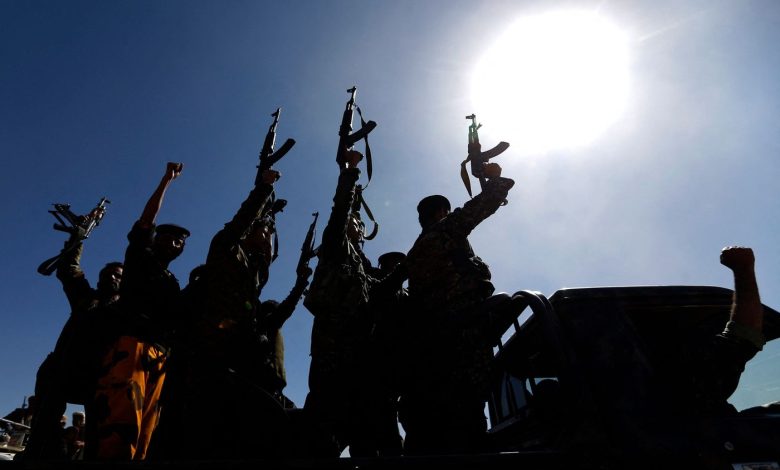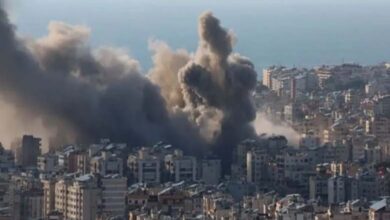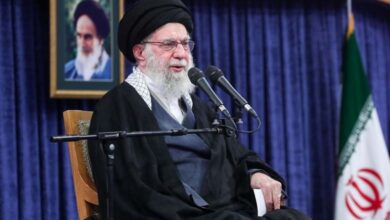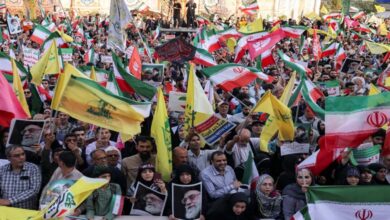The UN criticizes Houthi terrorism and warns of deepening humanitarian crisis

A new uprising at the United Nations against Houthi terrorism in Yemen caused the worst humanitarian crisis, and called on the world to forget the Ukrainian-Russian war and the millions of Yemenis.
The organization predicted that more than 19 million Yemenis will face hunger this year as international aid organizations fail to deliver aid to the people and are being stolen by Iranian-backed militias.
UN demands
The Washington Post highlights a report by Martin Griffiths, the UN High Commissioner for Humanitarian Affairs, in which she asks the world focused on Russia’s war in Ukraine not to forget the conflict in Yemen, where one of the most serious global humanitarian disasters, and 19 million people facing hunger this year, including 160,000 people likely facing ‘starvation-like conditions’.
Griffiths told the UN Security Council that Yemen has become what humanitarian officials call a chronic emergency that often leads to stalemate and donor fatigue. He said this should not happen to the poorest country in the Arab world, which has the world’s highest proportion of its needy population – three out of four Yemenis, or 23.4 million people.
Griffiths, under-secretary-general for humanitarian affairs, spoke on the eve of Wednesday’s high-level virtual pledging conference for Yemen, hosted by UN Secretary-General António Guterres, Swiss President Ignazio Cassis and Swedish Foreign Minister Ann Linde. The conference seeks nearly $4.3 billion to help more than 17 million people across Yemen this year.
Griffiths said: The event is not just about money, although that is very important, it is also an opportunity for the international community to show that we are not giving in to Yemen, even after all these years and with the emergence of new crises, and this is a very important message.
Civil war
Yemen has been embroiled in a civil war since 2014, when Iran-backed Houthi rebels took control of the capital and much of the north, forcing the government to flee to the south and then to Saudi Arabia, the paper said.
A Saudi-led coalition entered the war in March 2015, supported by the United States and the United Arab Emirates, to try to bring President Abdrabbuh Mansur Hadi and his internationally recognized government back to power.
Despite Arab efforts to restore legitimacy in Yemen and eradicate Houthi terrorism, millions of people are still suffering from a major humanitarian crisis, the newspaper said.
The Houthi hostilities continue along nearly 50 front lines, including in the strategic, energy-rich city of Marib, where the Houthi offensive has been ongoing for two years.
More than 2,500 civilians have been killed or injured in the past year in hostilities that have forced nearly 300,000 people to flee their homes, leaving 4.3 million displaced in Yemen since 2015.
Yemen is already facing fuel shortages and price increases, and the crisis is likely to become more acute as world energy prices continue to rise due to events unrelated to Yemen, a clear reference to Moscow’s invasion of Ukraine and the ensuing sanctions on Russia.












